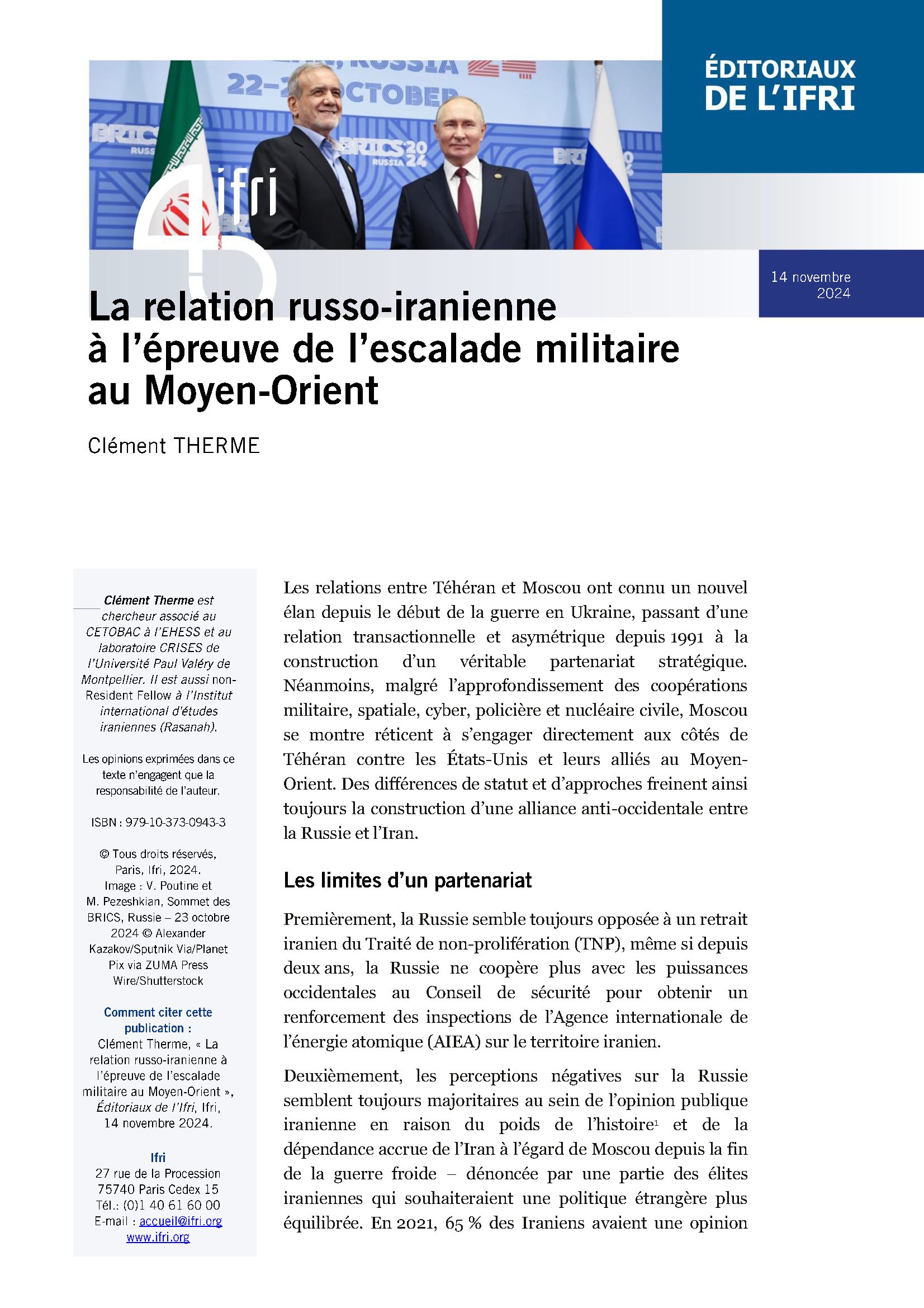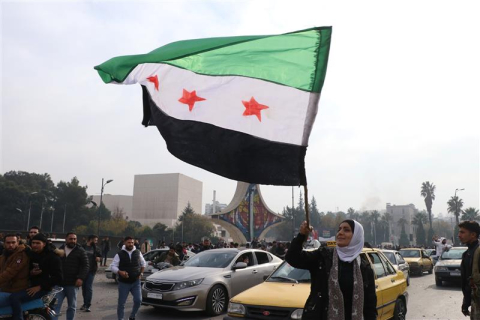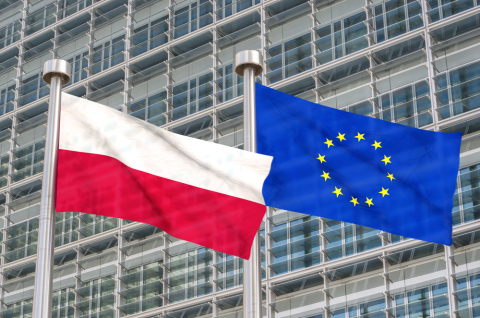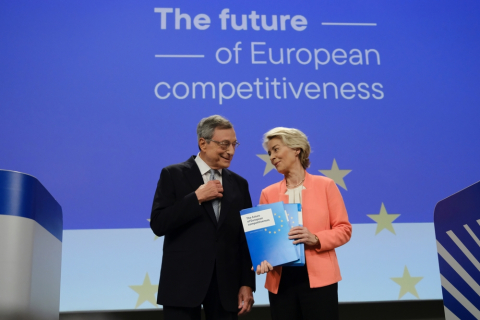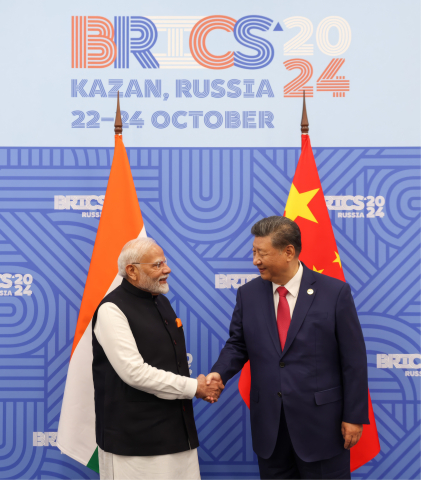4263 publications
La Smart City chinoise : nouvelle sphère d’influence ?
La « smart city », c’est-à-dire la ville « intelligente » ou « hyper-connectée », est devenue un sujet de recherche et de politique urbaine en vogue.
Le terrorisme d’extrême droite en Allemagne. Une menace sous-estimée ?
En 2018, l'Office fédéral de la protection de la Constitution a classé 24 100 personnes en Allemagne comme extrémistes de droite, dont plus de la moitié est considérée comme « violente ». Ces chiffres traduisent un niveau de risque élevé pour l'État constitutionnel allemand, qui s'est déjà manifesté sous la forme de diverses attaques terroristes contre des étrangers, des communautés religieuses et, plus récemment, des politiciens en Allemagne.
Le programme spatial de l'Inde. Evolution et compétition internationale
Le programme spatial indien a considérablement évolué au cours des cinq dernières décennies.
Un monde de droit ? France/Allemagne : sous la belle entente...
Quelle est la part du droit dans les relations internationales d’aujourd’hui, qui semblent de plus en plus privilégier les affirmations de puissance ?
Le droit, arme économique et géopolitique des États-Unis
Depuis les années 2000, les États-Unis ont développé une politique juridique extérieure d’abord vouée à la lutte contre la corruption, aujourd’hui considérablement étendue.
L’Afrique du Sud, un modèle démocratique fragilisé ?
Les élections générales sud-africaines ont eu lieu en mai 2019. Le Congrès national africain (ANC) est sorti vainqueur, sans réunir toutefois la majorité des électeurs inscrits.
Paris/Berlin : de l'histoire à la durée ?
Le « couple franco-allemand » a historiquement légitimé la construction européenne, puis celle de l’Europe issue de l’effondrement bipolaire.
Le traité d’Aix-la-Chapelle : promesse de convergence pour couple divisé
Le traité d’Aix-la-Chapelle, sous de multiples engagements, dissimule nombre de désaccords : sur la défense, l’avenir de l’Union européenne, les politiques économiques, les rapports avec la Russie…



